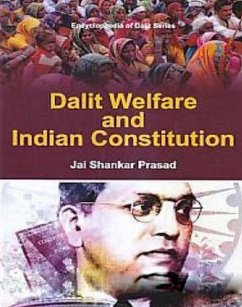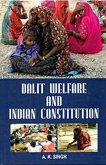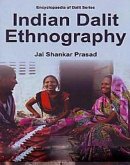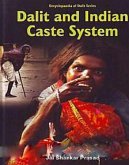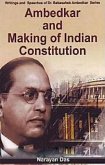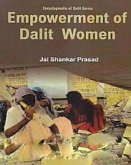The continuous practice of "untouchability," other caste-based discrimination, violence against Dalit men, women, and children, and other abuses are in violation of numerous domestic and international laws a cruel reality. Though, a body of international human rights conventions, domestic legislation, and constitutional provisions collectively impose on the government of India a duty to guarantee certain basic rights to the Dalit population and to punish those who engage in caste-based violence and discrimination. Articles 38 and 46 of the Indian Constitution make it the duty of the State to strive to promote the welfare of the people. Society as a whole never accepted the PCR Act. No one ever thought that name-calling wouldn't be okay. Ill-treatment was very common. The act was also vulnerable to abuse. It was easy to make an allegation that someone was called by his or her caste name. The promulgation of the act itself was an acknowledgment by the central government that abuses, in their most dehumanizing form, continue to take place against Dalits throughout the country. This book offers a varied picture of Dalit experience in different states in contemporary India. The book will be key reading for scholars and students of Dalit and subaltern studies, sociology, political science, and economics.
Dieser Download kann aus rechtlichen Gründen nur mit Rechnungsadresse in A, B, BG, CY, CZ, D, DK, EW, E, FIN, F, GR, HR, H, IRL, I, LT, L, LR, M, NL, PL, P, R, S, SLO, SK ausgeliefert werden.

